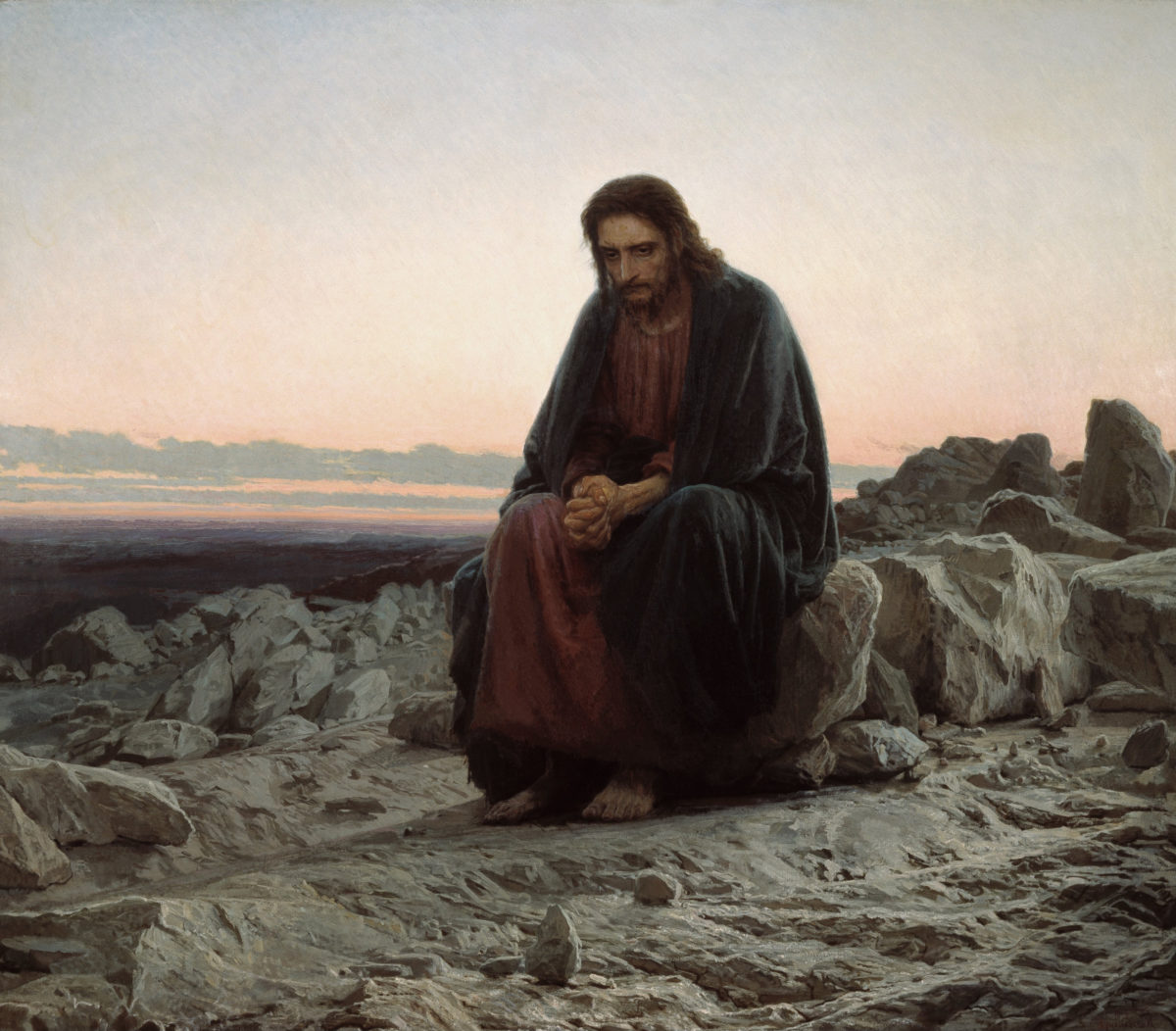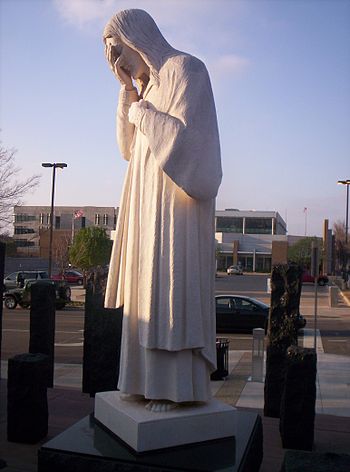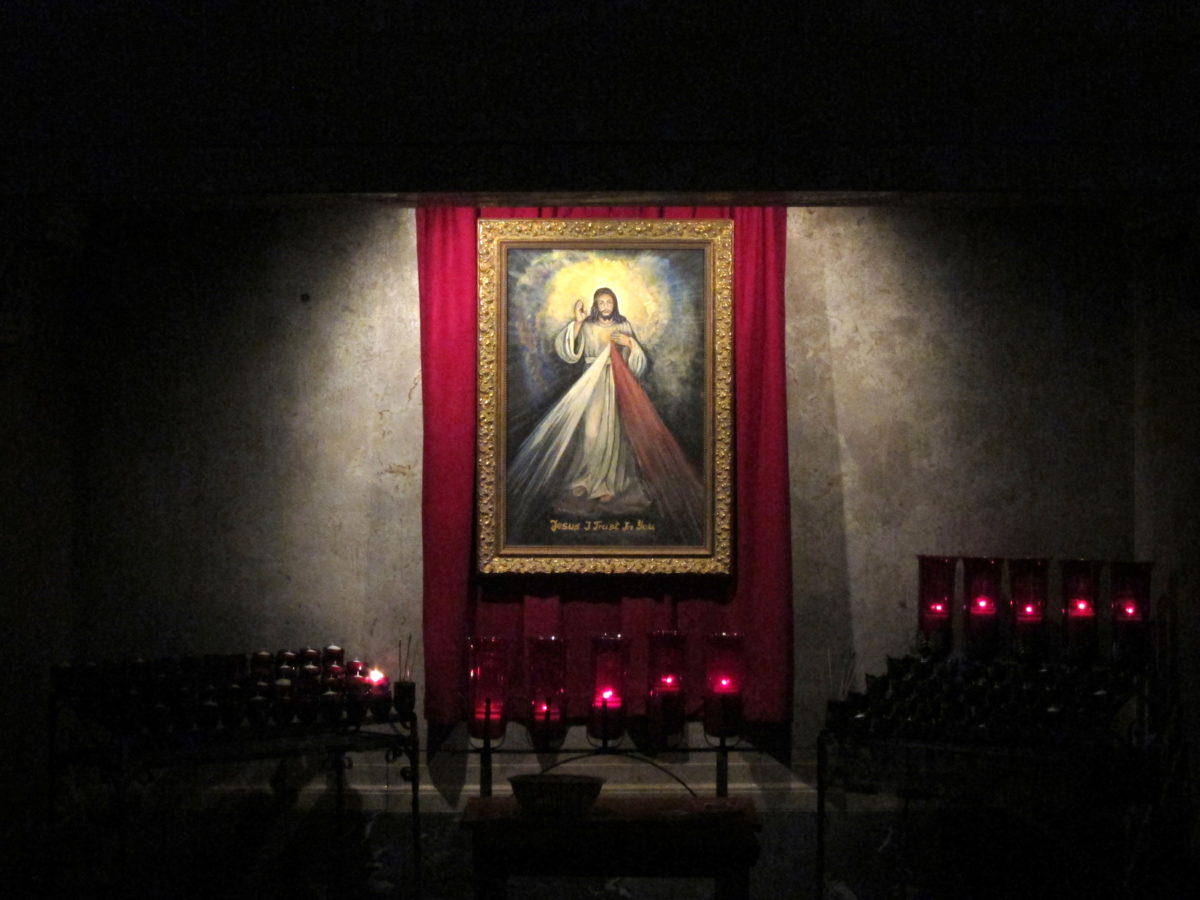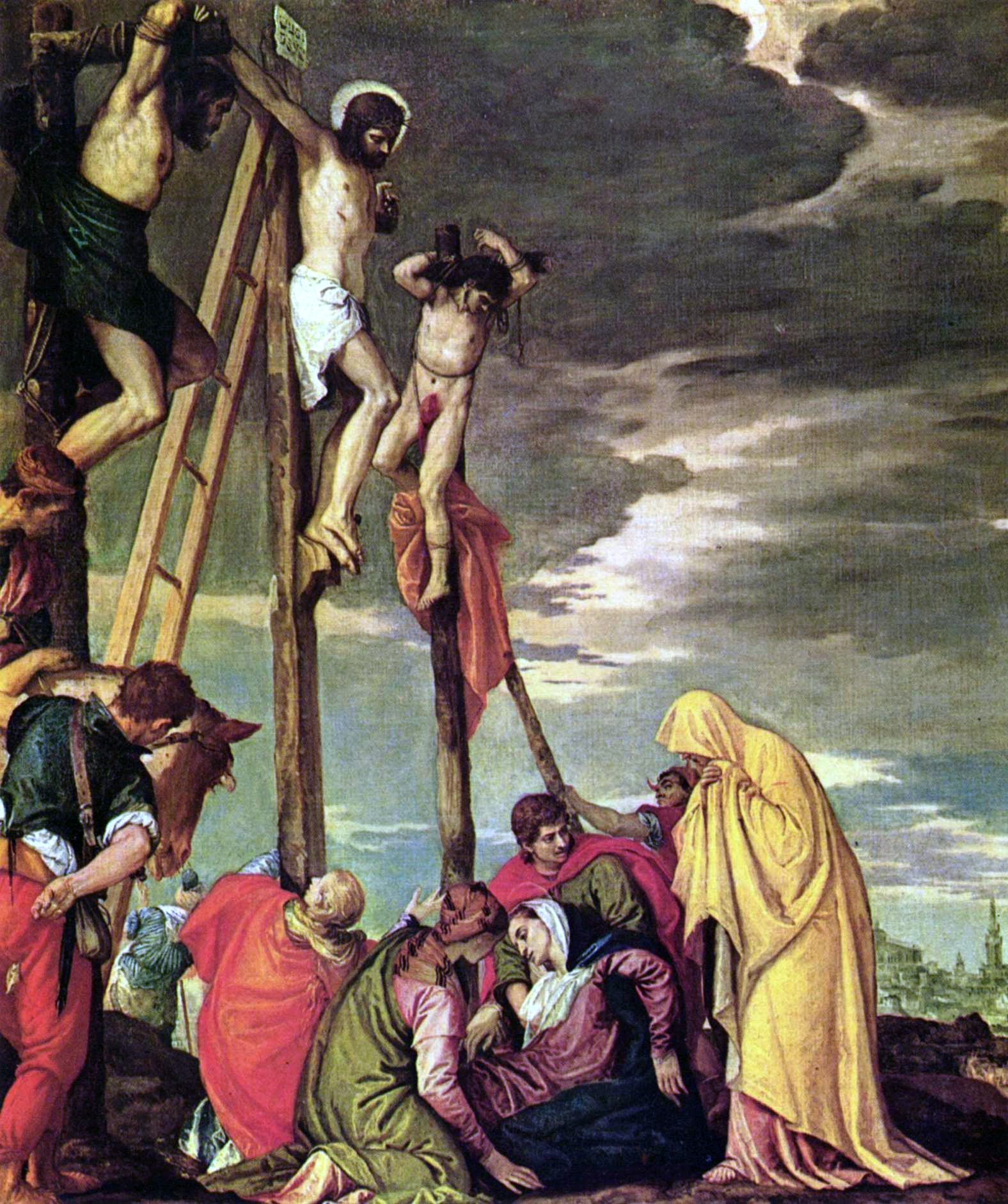Being a parent forces you to look at your role in life different ways. On one hand, there are the day-to-day challenges — getting kids ready for school, packing lunches, taking them to their various activities, and resolving disputes. It’s a grind. It’s tiring. And yes, at times it feels hopeless. Maybe you got called into yet another teacher’s conference over your kid’s behavior at school. Maybe your kids are fighting over toys or otherwise creating needless conflict. In these times, it’s hard to see the light at the end of the tunnel.

And then there are those times when everything comes together. Your kid does or says something sweet. Or they are playing nicely with each other; laughing and having fun. Maybe they passed that big test they studied hard for. It’s those times that can make you feel like the parent of the year and fills you with a sense of hope that you can not only handle but excel as a parent.
It’s this dichotomy between despair and hope that surround Jesus’ crucifixion. When I pray the Fifth Sorrowful Mystery of the Rosary, I try to focus on the hopeful theme of the mystery. Wait, what? How does Jesus’ death send a hopeful message? Jesus died, an apostle betrayed Him, His disciples abandoned Him. Where’s the hope in this low point?
Jesus’ crucifixion delivers a message of hope because it all transpired the way He said it would. Jesus said He was going to be betrayed and that He was going to die. But He also said that He was going to rise again in glory. And that’s the hope-filled part of this rosary mystery. Jesus always spoke the truth. So when Jesus said that God loves us and we are meant to spend eternity in Heaven with Him, he meant it. Jesus asks us to look beyond the current situation, no matter how dire and hopeless it may seem, and focus on His message of hope.
We all have our challenges in life and it’s easy to feel overwhelmed by them. We sometimes feel like giving up whether that be in the form of giving into sinful temptations, stop practice our faith, or just stop believing that God hears us and helps us through our challenges. We see things getting worse and think there is no hope for a better outcome. But remember, things also got worse for Jesus — He was scourged, crowned with thorns, carried a cross, nailed to it, and basically suffocated to death. When things couldn’t get any worse, they did. And yet, Jesus endured because He knew this was God’s plan which would not end in death and despair but in the glory of the resurrection.
Similar to how Jesus knew that God would see Him through the darkest moments of His life, we know that Jesus, the Holy Spirit, Mary, and the saints will see us through the darkest moments of ours. I remember what a priest once said about suffering and despair. He said look at the Bible. Who wins? Is it Satan and suffering or God and eternal joy? SPOILER! It’s God’s vision that ultimately wins out in the end. Any suffering in our lives is temporary and ultimately ends in glory if you have faith in God’s plan.


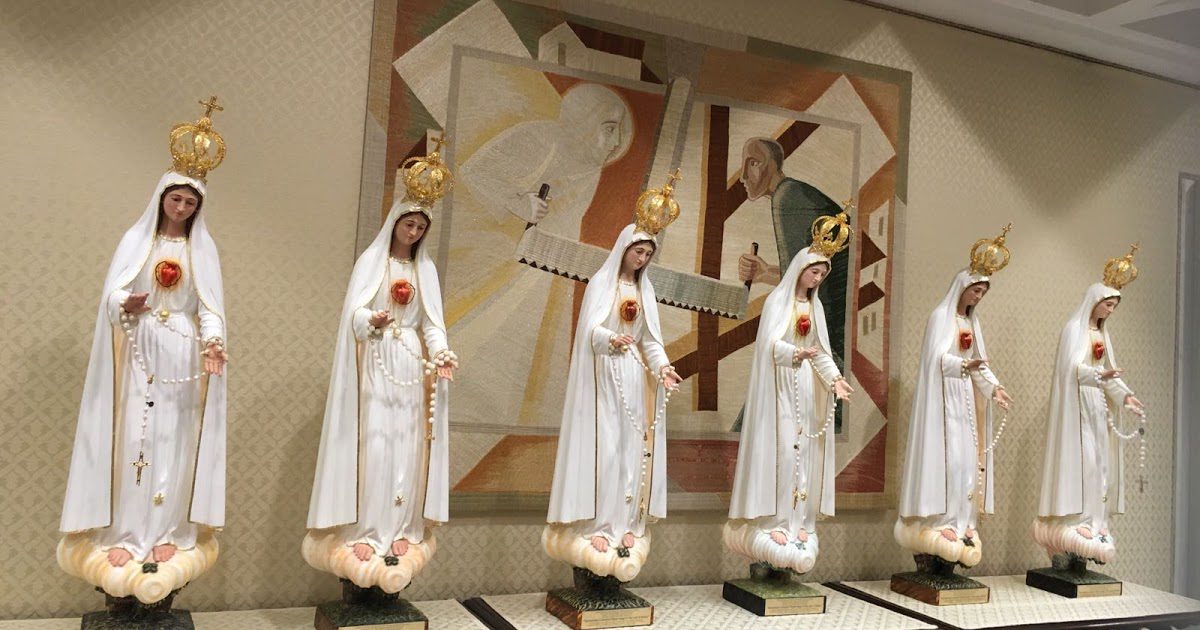
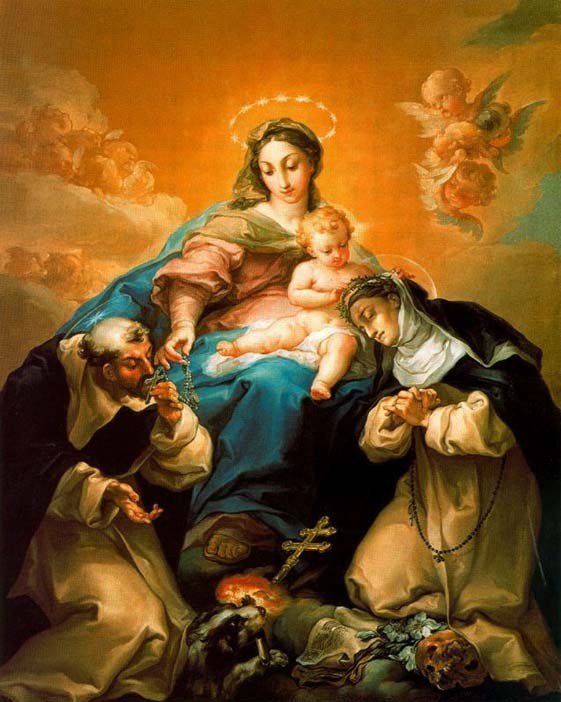
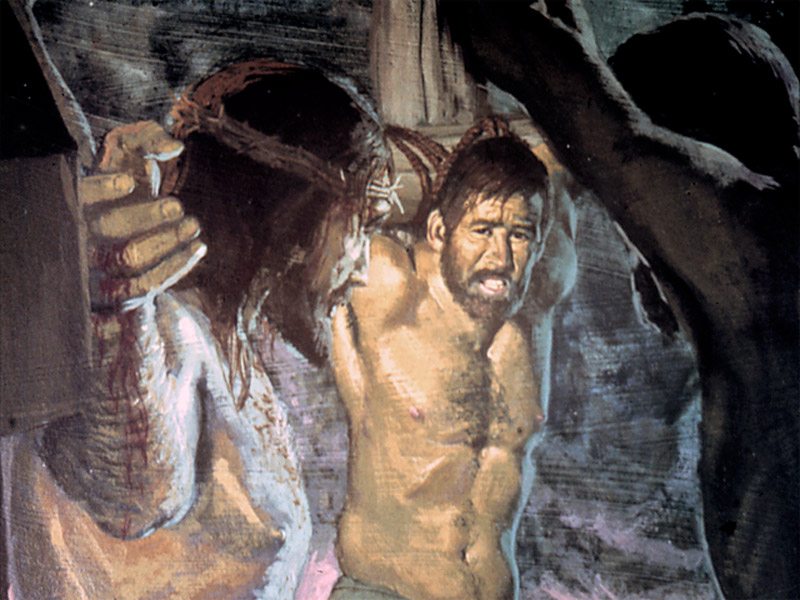
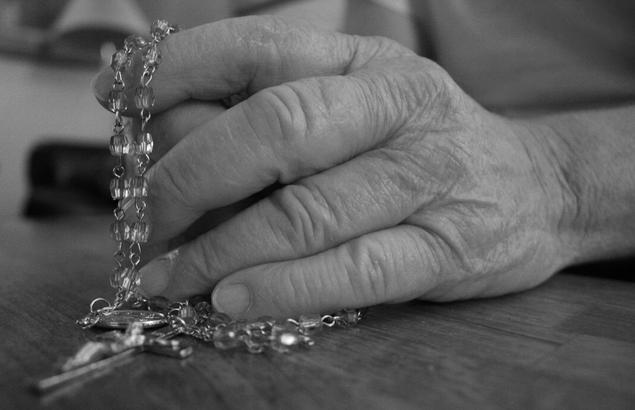

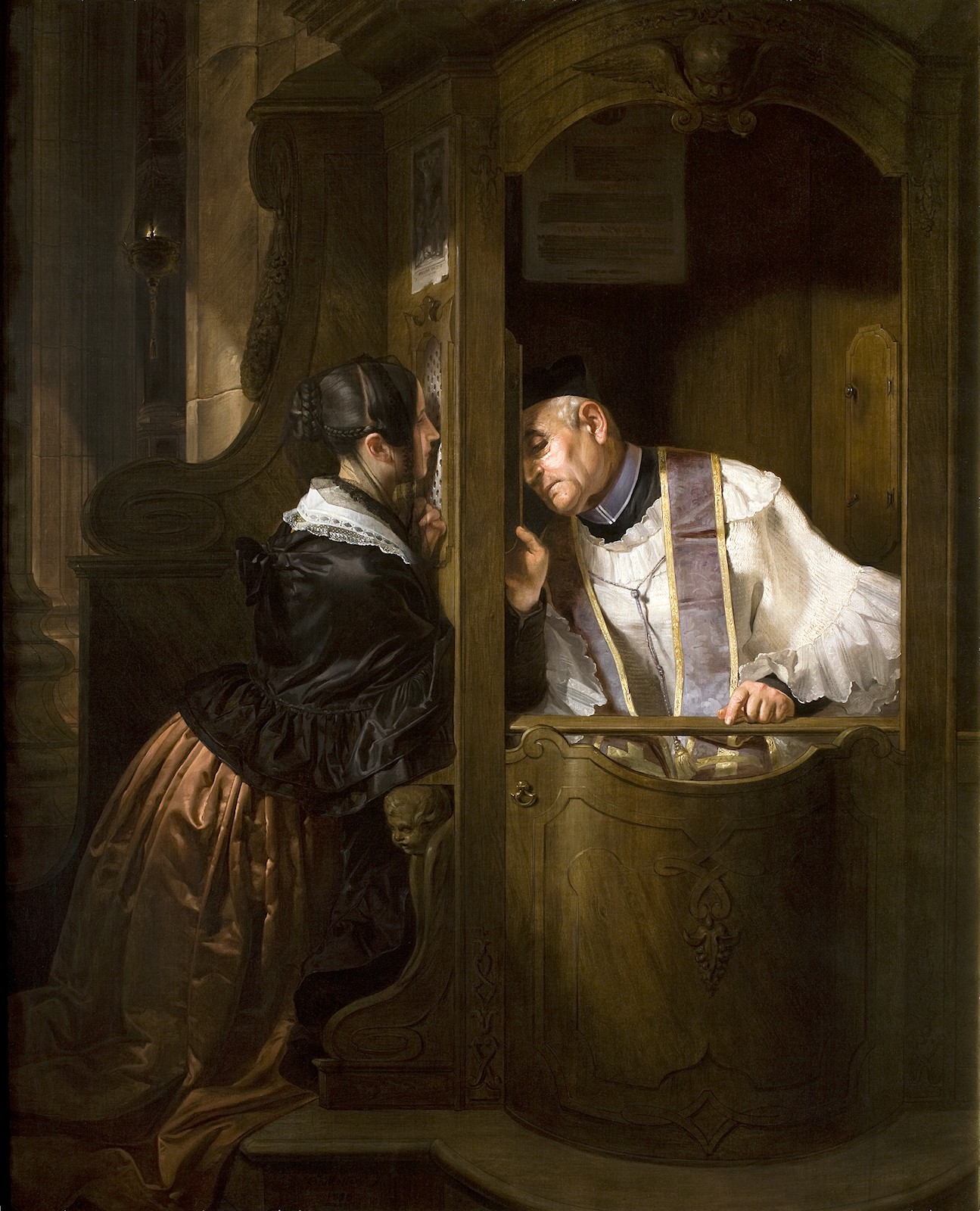

 In the modern world, much of our communication is online whether it be Facebook, WhatsApp, Twitter, email, or even just the comments section of web pages. Now ask yourself, what if Jesus was one of your “friends” or “followers” on your social networks and He read your posts? Would you be proud of them? Are you fostering a respectful environment? Note that respectful doesn’t mean always being agreeable or a pushover. It doesn’t mean compromising your values and the values of the Church. But it does mean recognizing that how you treat others is also how you treat Jesus. So if you’re not respecting others online, you’re not respecting our Lord.
In the modern world, much of our communication is online whether it be Facebook, WhatsApp, Twitter, email, or even just the comments section of web pages. Now ask yourself, what if Jesus was one of your “friends” or “followers” on your social networks and He read your posts? Would you be proud of them? Are you fostering a respectful environment? Note that respectful doesn’t mean always being agreeable or a pushover. It doesn’t mean compromising your values and the values of the Church. But it does mean recognizing that how you treat others is also how you treat Jesus. So if you’re not respecting others online, you’re not respecting our Lord. What about respect for Jesus in the Eucharist which we meditate on in the
What about respect for Jesus in the Eucharist which we meditate on in the 
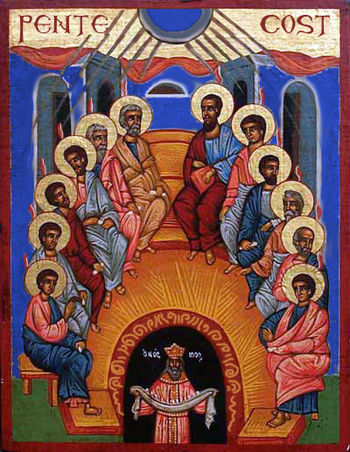
 Pope Francis’
Pope Francis’ 



















